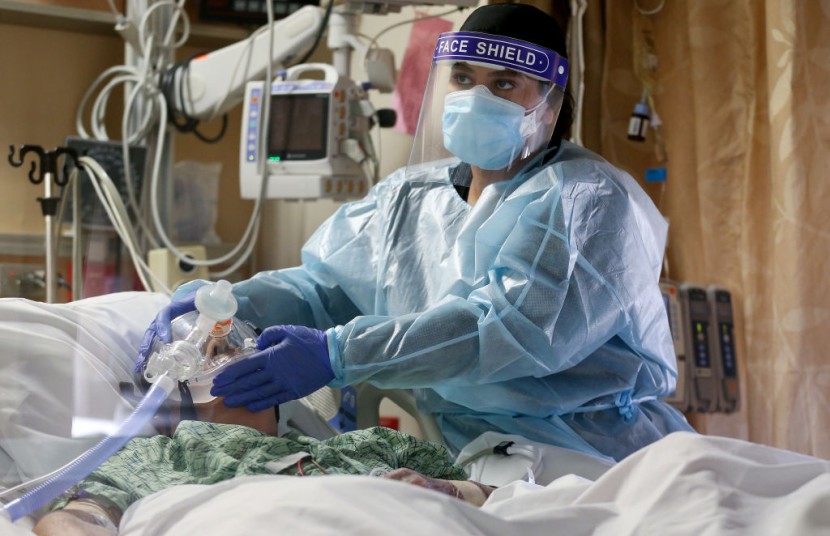
The trail still officially ends with China's first confirmed COVID-19 case, as public health experts try to figure out where the pandemic started. Patient zero was not a bat hunter, a lab scientist, or a seafood vendor, according to the Wuhan resident described in a joint World Health Organization (WHO)-China report released in March.
The patient they were talking about was with surname Chen, an accountant who shopped at a supermarket. Researchers, on the other hand, have continued to look for clues as to what happened before the accountant became ill.
Throughout November, French researchers discovered signs of the virus in Europe. In very controversial research, scientists from the National Cancer Institute of Milan and the University of Siena claimed that coronavirus antibodies were identified in 10% of roughly 1,000 blood samples examined from a cancer screening trial.
Determining which part of the world Covid-19 started
According to the experts, some of the samples were taken in September. Despite the Chinese government's latest claims of high-tech monitoring capabilities, official searched for patients before the accountant in Wuhan failed, according to the Washington Post report.
Scientists said the coronavirus has likely infected others in Wuhan by November 2019. The city was bustling with activities, including the Military World Games that might have provided an infinite route for a virus to follow.
Although the Wuhan Institute of Virology has "vehemently denied" any lab leaks, and even if the WHO report labeled the lab leak theory "very unlikely," some experts feel it is still a possibility. The quest for the origins of life has been hampered by a scarcity of early information; some of which is unreliable or missing.
According to an international research published in the journal PLOS Pathogens, the first incident of COVID-19 was most likely on November 17, 2019, in China. The researchers estimated the initial cases of COVID-19 in China and some of the first nations to which the virus traveled using computer simulations previously used to identify species on the verge of extinction.
According to their analyses, the virus first appeared in China between early October and mid-November 2019, with November 17 being the most probable date of origin. On January 2, 2020, it spread to Japan, followed by Europe and North America in mid-January, Cosmos Magazine reported.
Read Also: CDC Warns New Deadly Soil Bacteria in the US; Infection's Origin Remains a Mystery
Covid-19 Delta variant's patient zero
Meanwhile, in India, experts have issued an urgent appeal to locate SARS-CoV-2 Delta Plus variant's patient zero - the first patient infected with this variant - as well as trace, test, and isolate individuals who have tested positive for this variant, as per New Indian Express.
With Karnataka's second Delta Plus variant sample discovered in Bengaluru on Wednesday, experts from the genome sequencing committee say it's critical to return to contact tracing, an approach that was used when Covid-19 first emerged last year.
Dr. Vishal Rao, Regional Director of Head and Neck Surgical Oncology and Associate Dean of the HCG Cancer Centre's Center of Academics and Research and a member of the Covid-19 Genomic Surveillance Committee, said, "Sequencing is done as high-level lab research with no communication to patients. But now, looking at the situation, we have to inform patients and officials concerned. Just that the patient should not be stigmatized,"
Patients are not informed which variant they are infected with because genome sequencing is not included in the diagnostic process. Prof. Vijay Chandru, Adjunct Professor at IISc, member of Karnataka's Genome Sequencing Committee, and co-founder of Strand Life Sciences, believes it can be done when infection rates are lower.
India is already being chastised for its delay in finding COVID-19 variants, experts said. It is important to interview, isolate, locate the source, and notify contacts as soon as possible to guarantee that no Delta Plus variant surge occurs.
Related Article: Veteran Diagnosed with Delta Variant Despite Being Fully Vaccinated; COVID-19 Strain Becomes Dominant in the US
@YouTube








